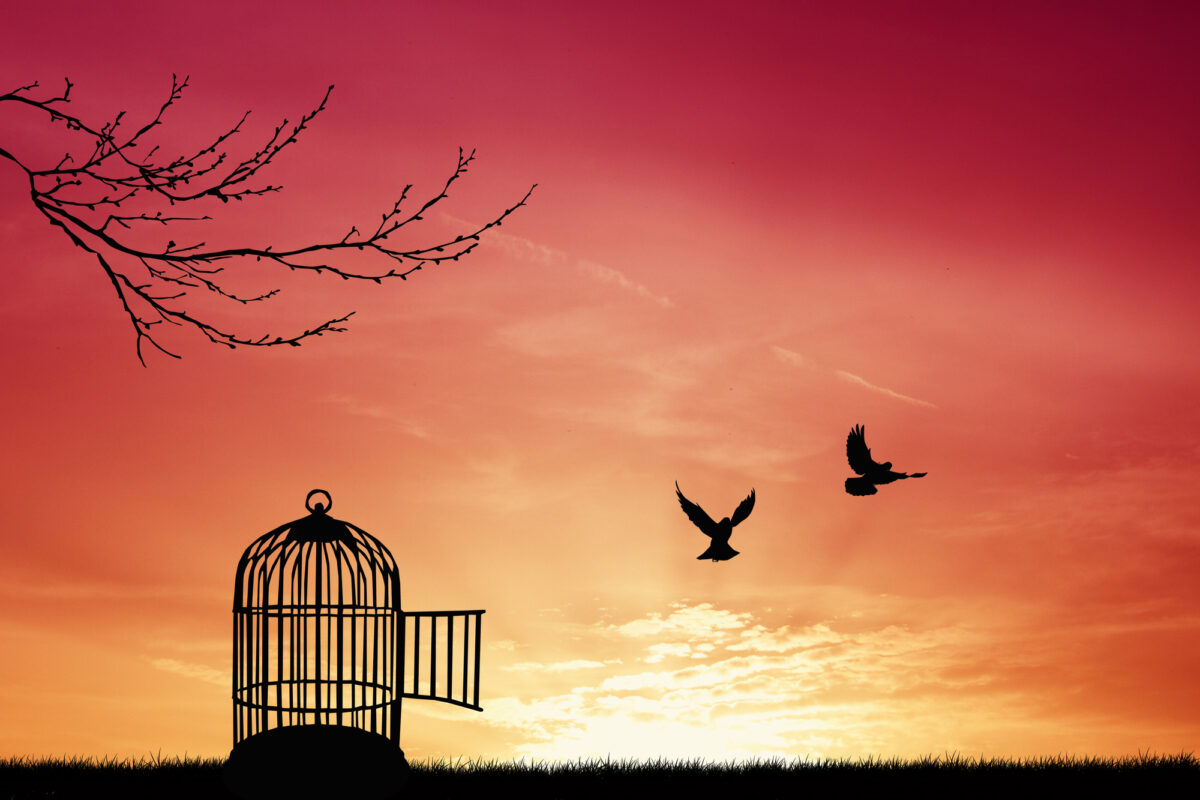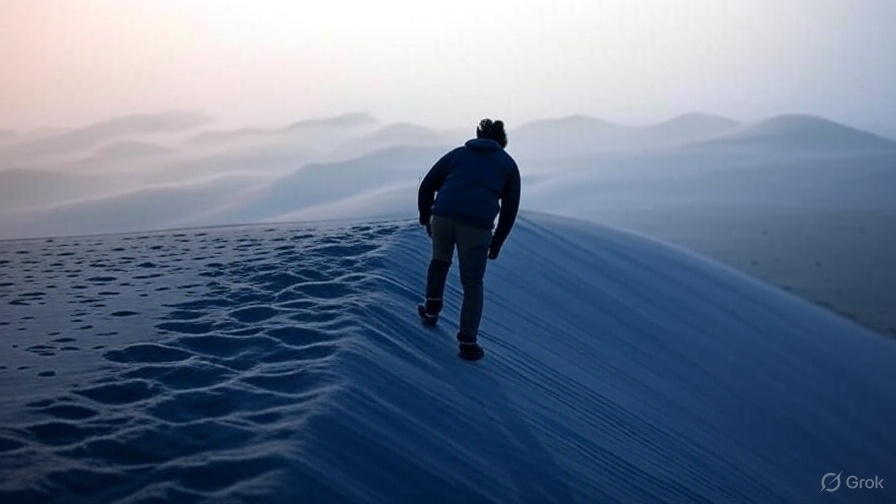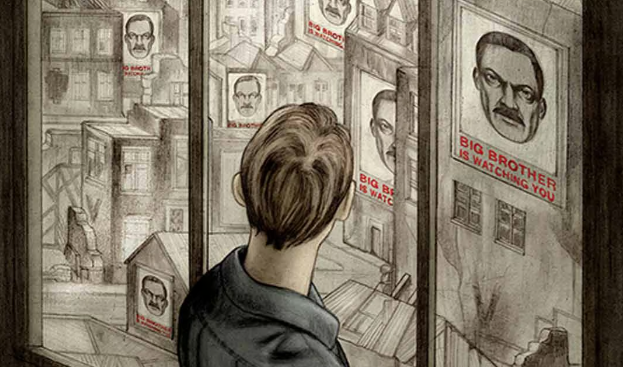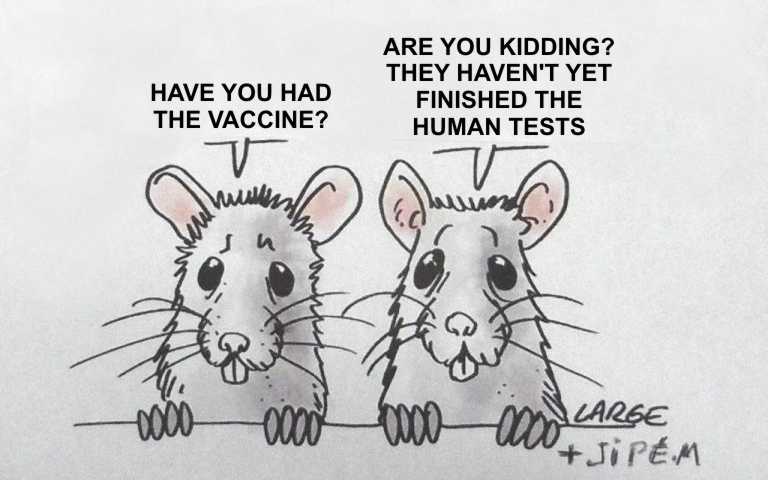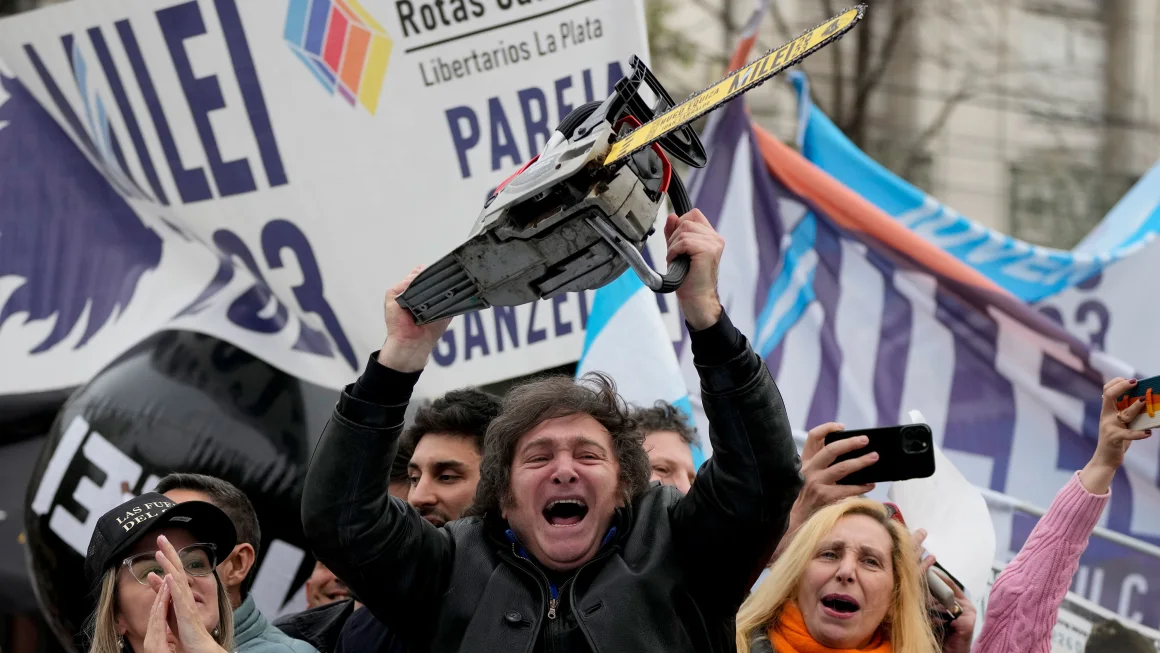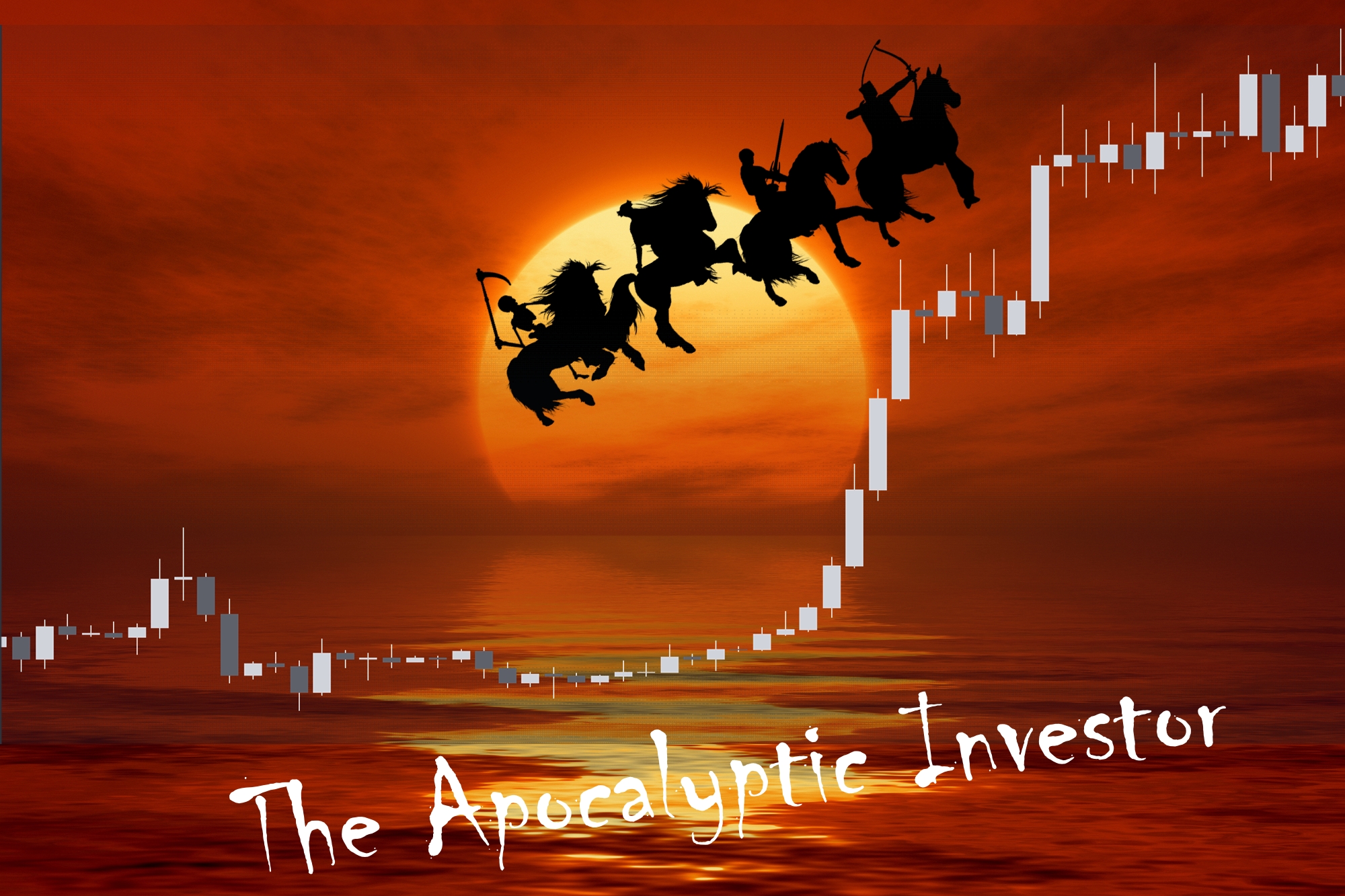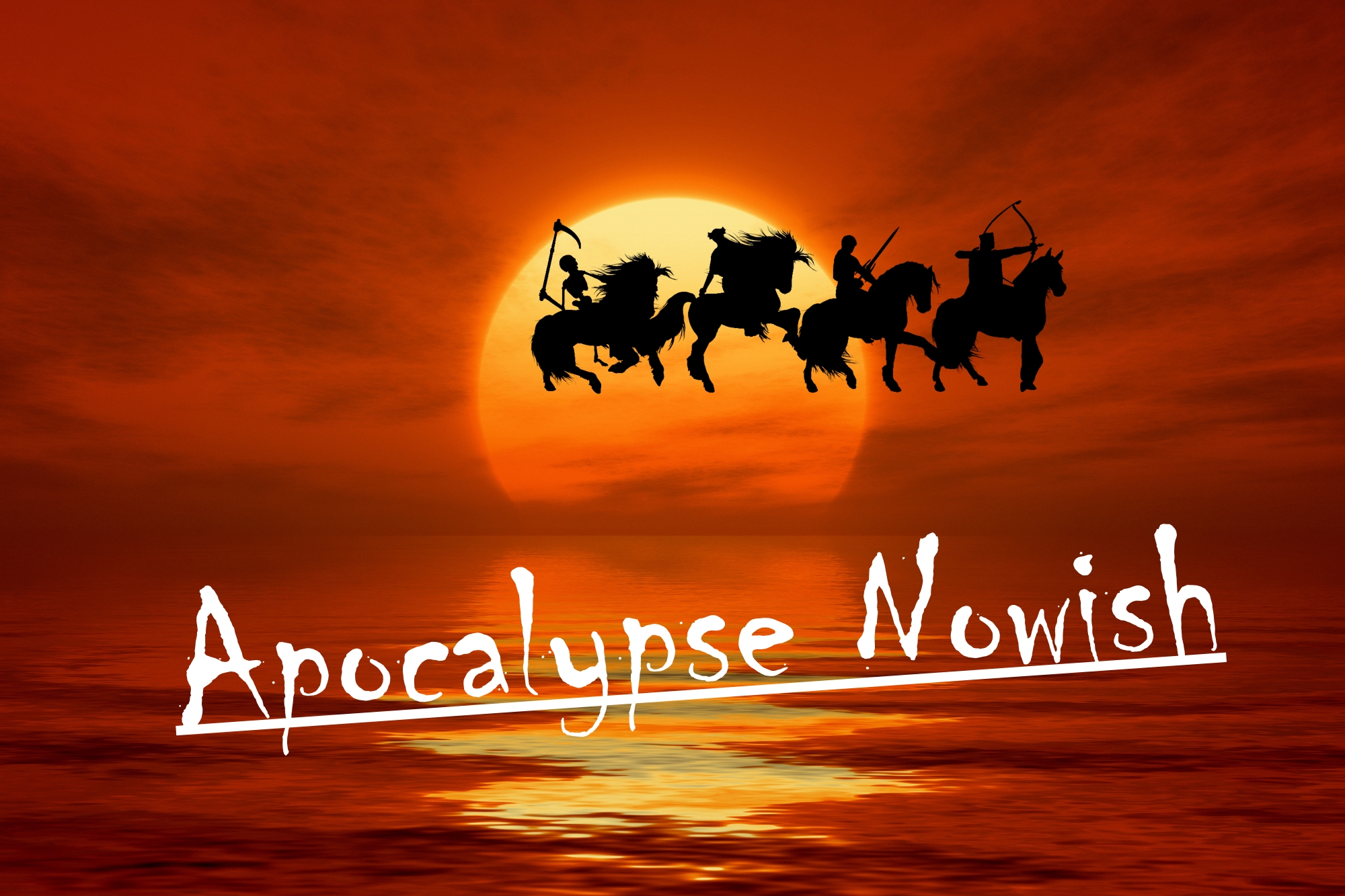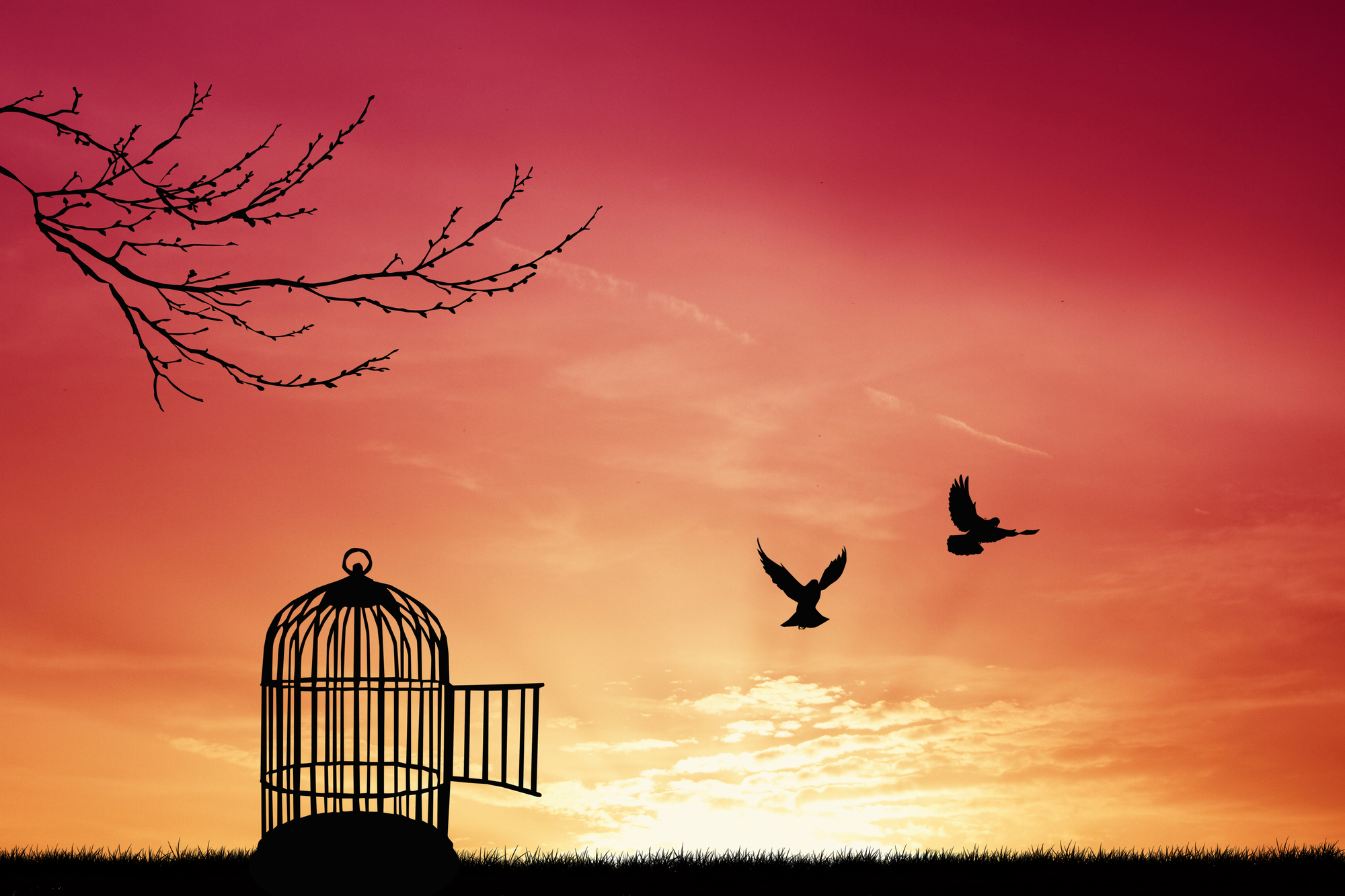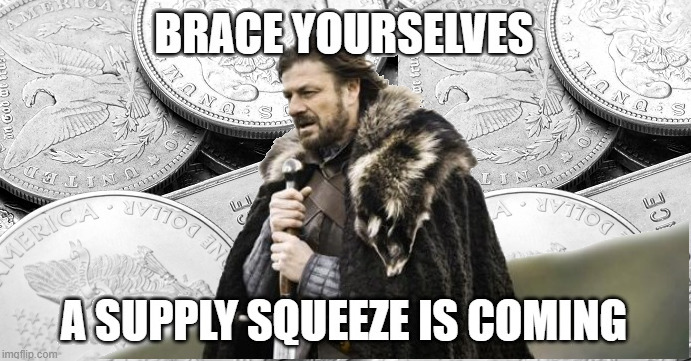You are the average of your 5 closest people…
…which is why I bookmarked Balaji Srinavasan’s interview on a Crypto Civilisation to listen to again – in these time-starved days, the ultimate compliment. Balaji just wrote an article How to Start a New Country. This article is a review – an extension, really – of that post.
How to start a new country
Balaji leads us through the old ways to start a new country (election, revolution, etc) and concludes that a “cloud country”, or “network state” is a viable alternative. In this model, membership and identity is through an online community, and land is secondary, and does not have to be all in one place. The immediate objection is that the traditional countries in which this land is located will demand that citizens of CloudLand be subject to their own laws, which would make such citizenship an add-on, like a club, rather than a true alternative.
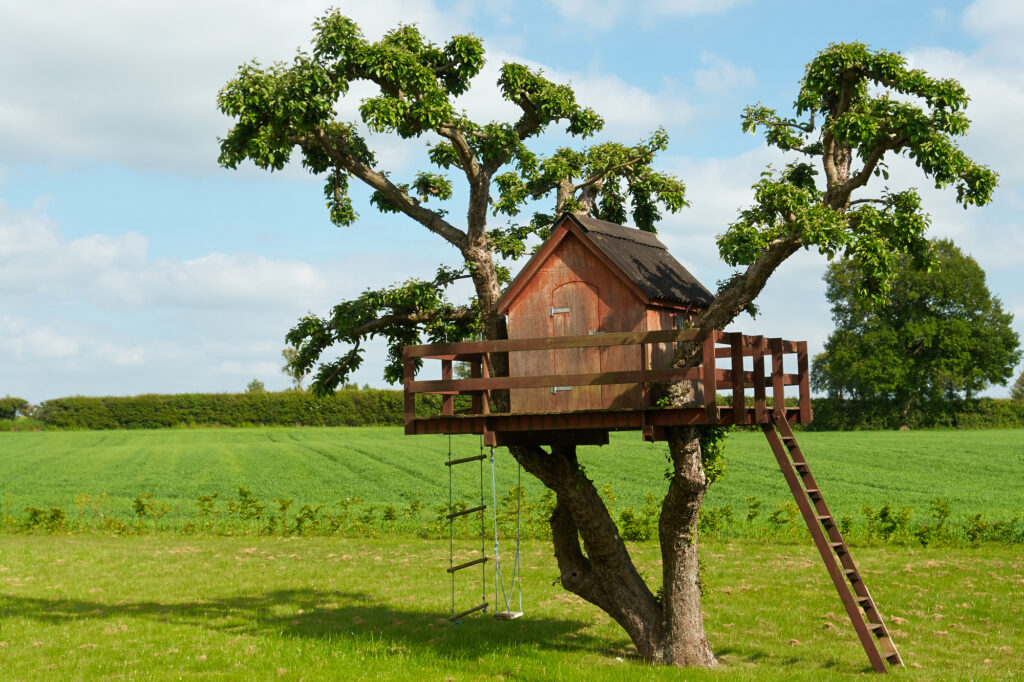
The counter to that is the example of embassies, which are only mentioned in passing in Balaji’s post. A country’s embassies are physically located in different countries around the world, yet they and their staff are not subject to local laws but rather the law of their originating country, as well as diplomatic law. A new kind of non-geographically-contiguous country could conceivably be managed under similar arrangements. As far as I understand it, I find the idea of a Network State convincing.
Why start a new country?
Balaji’s reason – to make a fresh start – is poetic but incomplete. I suspect the entire article is riddled with deliberate incompleteness, just to see what people would come back with.
The real question is: In what ways could a new country be different from every other country? If you want slightly different laws, lower taxes, a different climate, or some other marginal improvement to your quality of life, you can just agitate politically, or move to somewhere that already exists. Why on earth would you contemplate something as risky as a new country? The only big enough answer is that you want something that is not offered, or even being contemplated, by any existing nation.
The only way a new country can attract and unite enough people, money, and energy to come into being is if it’s the only way to obtain or accomplish something unique and recognisably valuable. If there is something attractive and useful that a nation could offer, but no nation does, then explicating what it is is arguably one of the most important things a rational person could do at this time.
The clue is in Balaji’s article:
In the distant past people could only write on clay tablets, in the recent past they were executed for contemplating entrepreneurship, and in the immediate present they are arguing over replacing an ancient gas station. In these times and places, making a fresh start was technologically infeasible, politically impossible, or judicially punishable.
What’s so attractive about a fresh start? It is simply freedom.
I got yer freedom right here buddy
But aren’t we free now? Let’s look at the three kinds of freedom Balaji identifies and see.
Freedom of action
If you read the example of the gas station, it’s actually about government versus the people. A small business that by definition serves a genuine need (else it would not be viable) has its very existence painted as immoral. Why? Leaving aside climate change, for which there’s not space here, it is in part because the government wants to use the land for “affordable housing”, which is a comfortable euphemism for taking money by force from the productive classes in order to (further) distort the free market for real estate.
Why the desperation for more affordable housing in this neighbourhood in particular? Because the streets of San Francisco have become a faeces-smeared free-for-all as the number of homeless people rises constantly. This is not despite the incredible and constantly increasing sums spent on free food, needles, advice, and shelter, but (by the admission of the recipients themselves) because of them. It’s also because of the normalisation in law and public discourse of antisocial behaviour including violent and drug-related crime as a life choice equally valid to behaving decently.
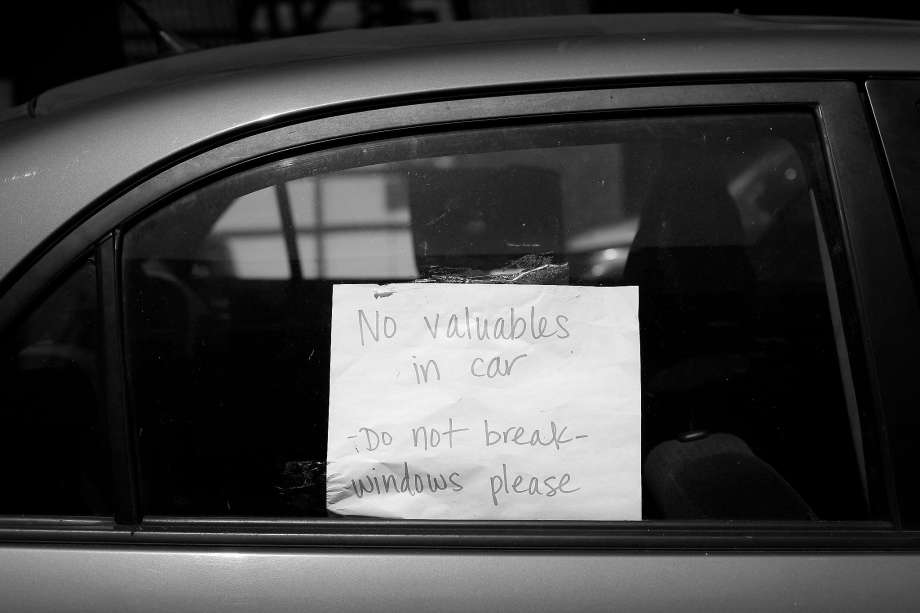
What happens when we say out loud that no-one should become worse off or be criticised for abandoning basic responsibility for their behaviour? That everyone (except those who contradict the politically correct narrative) is in all circumstances and at all times a victim? San Francisco ran that experiment. The results are in, and when the social contract only has one willing counterparty, you get a descent into hell for all, innocent or no.
The house prices are high in the US in general because it, like every other country, has deliberately and systematically debased their currency for the past 50 years. The excess currency has found its way into, and artificially inflated, two markets in the main: the stock market and the real estate market. This has resulted in abundant, temporary wealth of very unequal distribution – and great difficulty meeting the basic need to house oneself. Since the authorities can’t admit this, they can’t fix it.
Incidentally, I was only able to read the gas station article by connecting through a VPN and pretending I was from Japan, because the website has banned visitors from the European Union due to (their fear of) the EU data protection and privacy laws. Now, I’m in favour of privacy, but by design, not post-hoc through hamfisted regulation (of the same type that required every website to add a 100% pointless cookie popup; thanks guys you nailed that one).
Freedom of action means freedom from clumsy, counter-productive, or repressive regulation. Current evidence suggests this would indeed require a new approach to government.
What is Minimum Viable Government? Is there any political question less talked-about, I wonder, or more needed.
Freedom of thought
In the second example, why were the peasant farmers in Communist China in fear of their lives? Because they dared to have a different opinion to the politically correct one.
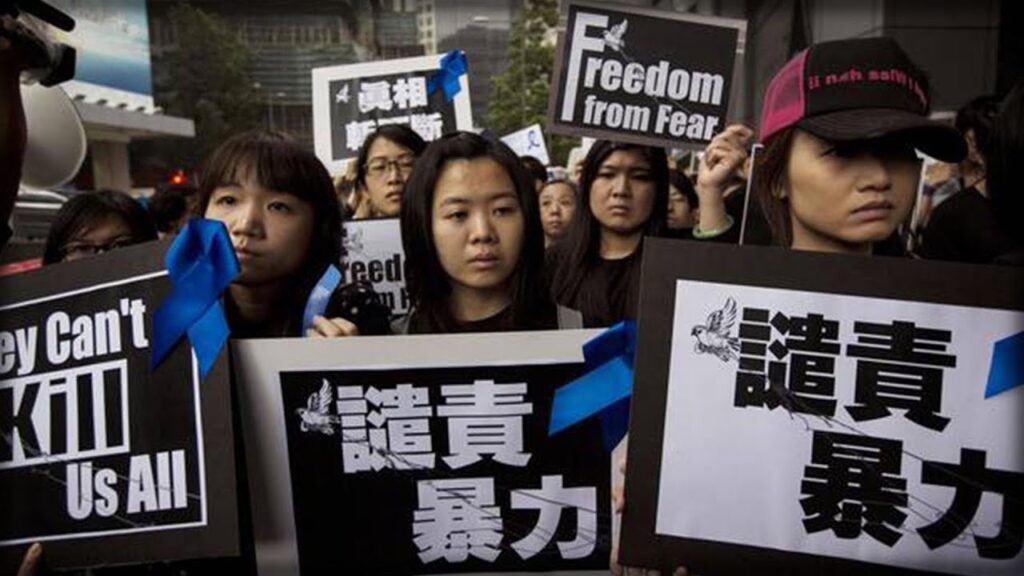
If something is correct, it’s just correct. If you have to qualify it as politically correct, that, logically, can only mean one thing: it does not stand on its own as being correct. It is something other than correct. It’s doublespeak. Politically correct == wrong.
Governments and institutions, especially in the West, have fallen over themselves in recent years to become ever more politically correct. You can now lose your job, or go to jail in First World countries simply for saying the “wrong” thing (of course, in many religious or Socialist utopias around the world, it’s always been the case that you can be stoned, Gulag’d, or just disappeared for being different).
Today, and as far as I remember this was not the case a few years ago, if you say something that might potentially hurt someone’s feelings, the full force of the State or the legal system can be engaged to actually hurt you. This can be true even if the conversation in question is supposedly private. Note that no-one asks if what is said is true, only if it is upsetting.
The more I learn about history, the more it seems that while the modern State is supposed to be beneficent, it is at best benign, in much the same way as a tumour is benign if it’s not engaged in killing you at the moment.
Since we formulate and refine our thoughts by writing or speaking them, even if only to ourselves, freedom of speech is absolutely required in order to preserve freedom of thought. Freedom of thought, if it needs to be said, is absolutely required to ensure that civilisation moves forwards and not backwards; for example, that we don’t slide into totalitarianism.
If liberty means anything at all, it means the right to tell people what they do not want to hear.
George Orwell,The freedom of the press
Are any existing nations currently protecting and prioritising freedom of speech?
Freedom through technology…
The example of the clay tablets shows the transformative power of technology. It looks like we are quite technologically free, at first glance. We are free to choose among different systems of transport, communication, and logistics, that rely on advanced hardware and software. We can work from home and order food and essentials from just-in-time distribution chains while watching Netflix on our smartphones.
But technology is just a tool. Like fire, or electricity, it can be used for us or against us.
…or freedom from technology?
Remember when social media was new and fun, and Twitter, Facebook, and Google were our friends? Remember Don’t Be Evil? Now Big Tech has shown its true colours. Twitter shadowbans or outright bans people who have the “wrong” kind of politics. YouTube (basically a DVD shelf with delusions of grandeur) censors like crazy, for example, taking down actual professors of medicine for saying the “wrong” things about viruses, their specialist subject.
Even if you write from your own website, your web hosting provider might take the site down if they don’t like you. You might be able to get another host, but it’s not hard to imagine the centralised domain name service itself becoming politicised at some point. Everywhere you look, your freedom of speech is dependant on a few big entities who think they should decide what you can say – and what everyone else can hear, and therefore think.
Privacy is now basically dead. The sheer amount of (often unnecessary and unauthorised) data being collected about us by phone companies, Internet service providers, websites, shops, apps, and various local and central government departments is staggering. You could not possibly keep track of how all that data is being used, or what safeguards there are. Data breaches are a daily occurrence.
Maybe you don’t care about privacy (yet). But data is the thin end of the wedge. The thick end is restrictions on your action based on what that data says. And it’s coming. Employees who refuse to be constantly geo-tracked can be fired. Governments, of course, are already implementing restrictions on where you can go and who you can see based on your medical records and the new principle of “sick until proven healthy”.
Which countries are now promoting freedom from technology and its masters?
Freedom of money
I’d like to propose an obvious addition to the list of basic freedoms that no country is currently offering: freedom of money.
As I describe in this article and the subsequent ones in that series, legal tender laws, fractional reserve banking, and money printing (now unrestrained by a gold standard) combine to form the ultimate assault on our freedom. The government decides which money we are allowed to use, takes control of it, and then debases it so that it is worth less all the time, constantly stealing from the working man to give to the political and financial class.
One would think it could not get worse. But wait, here come Central Bank Digital Currencies (CBDCs). These seem to the uninformed observer a bit like safer, government-backed versions of those volatile, dangerous cryptocurrencies we’ve heard so much about. But they are actually the final brick in the wall. A currency that the government has 100% control over, of which they can track every transaction, that they can deposit into or remove from your account at will, is the ultimate Enemy Of The State scenario. No privacy, no personal sovereignty, no control, only eternal servitude, dependence, and vulnerability.
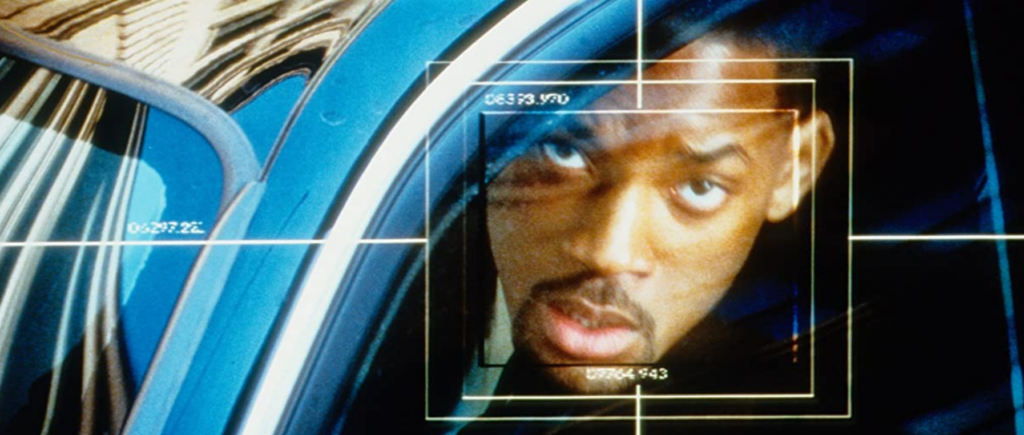
No surprise that the “People’s” Republic of China, which has begun a Black Mirror-esque system of Political Correctness – I’m sorry – Social Credit Scores, a nationwide database that ranks, rewards, and punishes each citizen according to their behaviour as reported by surveillance cameras and other systems, is the first to actually trial CBDCs. But every major government is investigating them.
Is there a country that is looking seriously at non-inflationary, decentralised forms of money?
Value-first design
Balaji says of the Cloud Country: “Our idea is to proceed cloud first, land last.”
This makes sense as far as it goes, but Step Zero is missing. A country is not only defined by numbers of citizens and societal recognition, but by a sense of shared identity, which in the most robust case comes from explicit, positively stated shared values.
What those values might be is a big topic. I like to think of a group of people dissatisfied with the way things are going forming a group and saying: “Let’s make our own country! Imagine a place where we can give all responsibility to the State. How wonderful! Where elected and unelected officials can monitor and manipulate every aspect of life. Let us create incentives specifically not to work, and generally, as far as is practicable, to obscure the chain of cause and effect so that no-one learns from their own or others’ poor choices. Let us encourage our children to inform on our friends and neighbours – for the Common Good. Let there be only one money, chosen for us, over which we have no control. Let us think as one and form opinions as one, or be justly punished. Let it be assumed of us that we are guilty until the State deems us innocent, sick until proven healthy, and deviants until and unless we think only as the Ministry of Truth sees fit.”
I imagine these people succeeding in their venture – so that I can go somewhere else.
We should proceed values first, cloud second, land third.
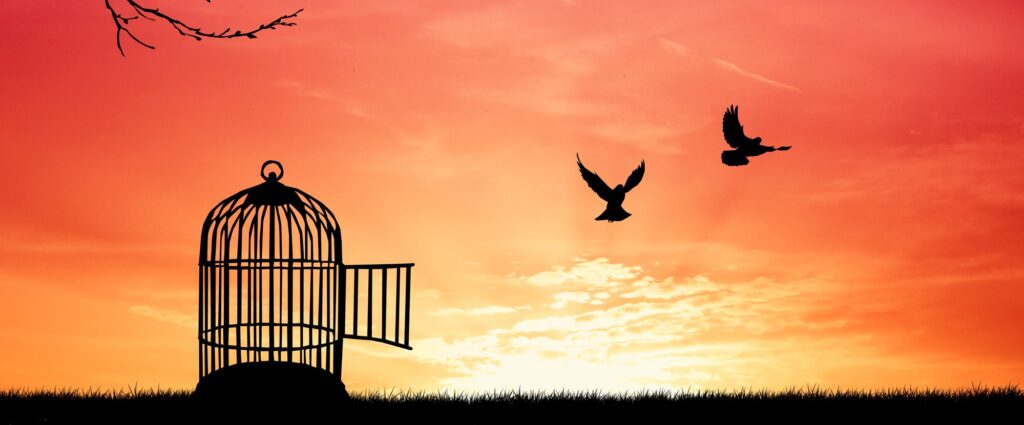
🌍 Share this:
Want more to read? Here are my latest articles:

